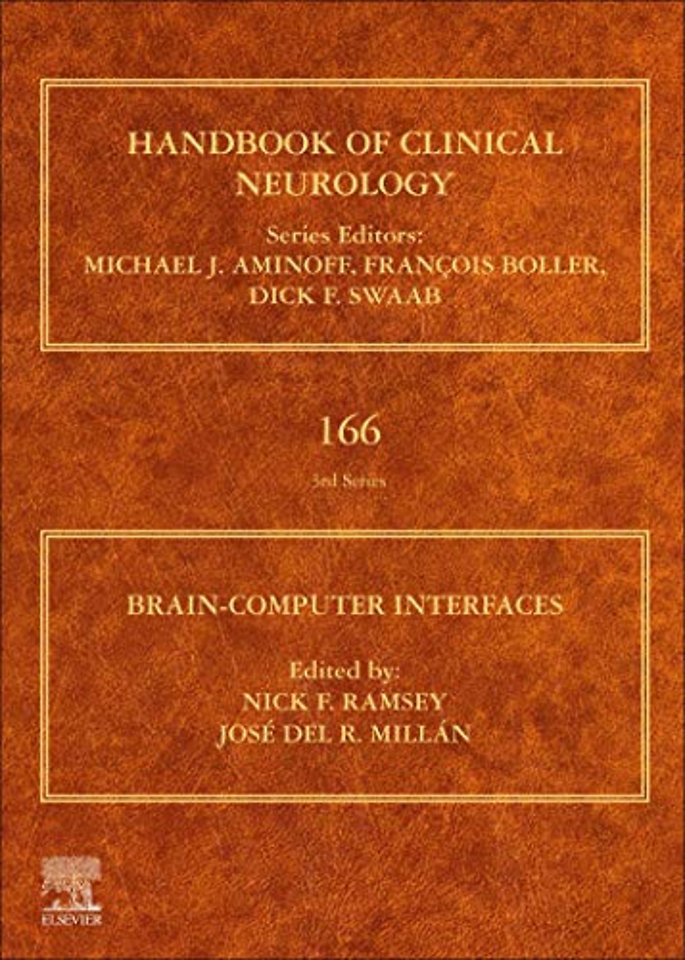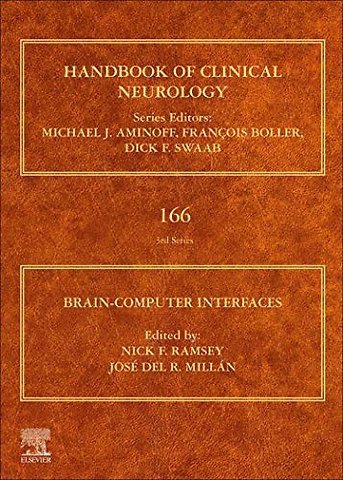Brain-Computer Interfaces
Samenvatting
Brain-Computer Interfacing, Volume 168, not only gives readers a clear understanding of what BCI science is currently offering, but also describes future expectations for restoring lost brain function in patients. In-depth technological chapters are aimed at those interested in BCI technologies and the nature of brain signals, while more comprehensive summaries are provided in the more applied chapters. Readers will be able to grasp BCI concepts, understand what needs the technologies can meet, and provide an informed opinion on BCI science.

